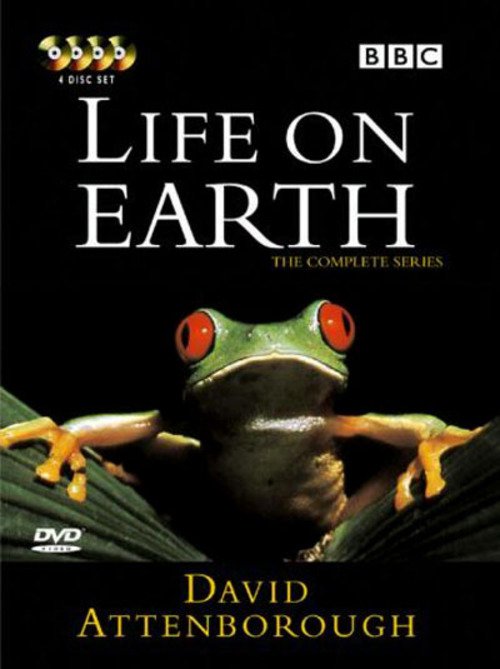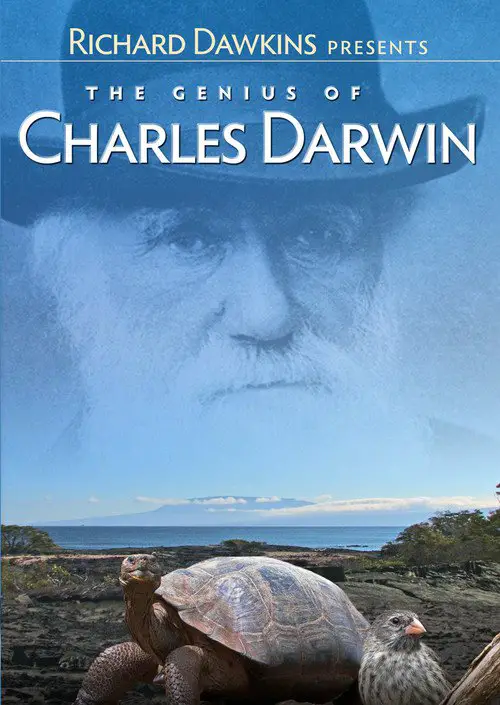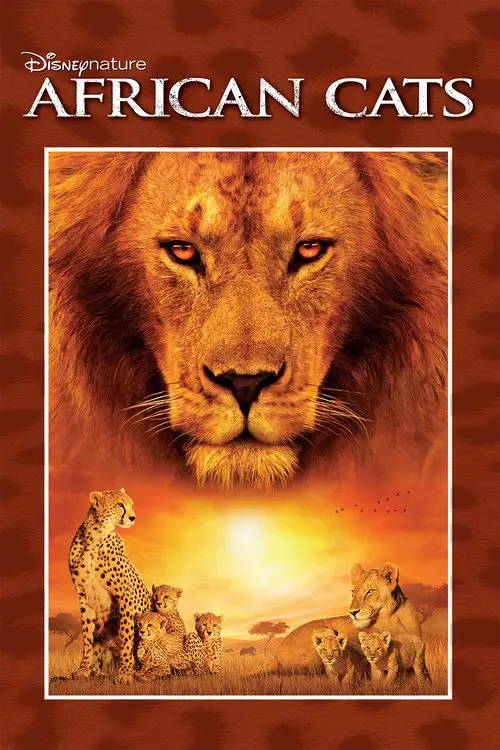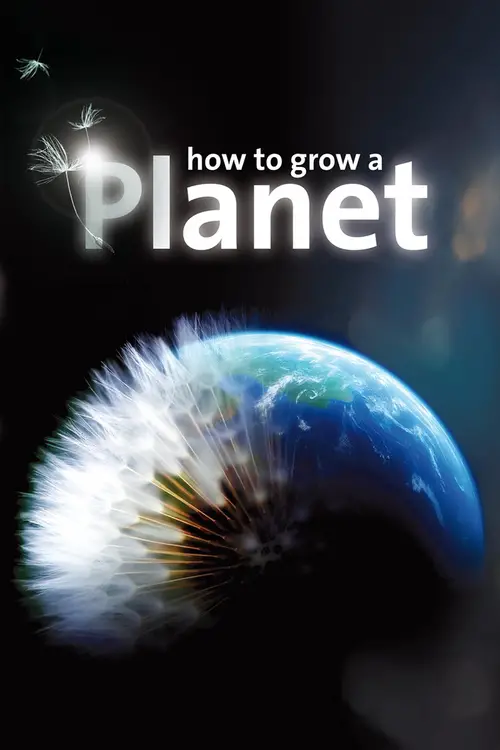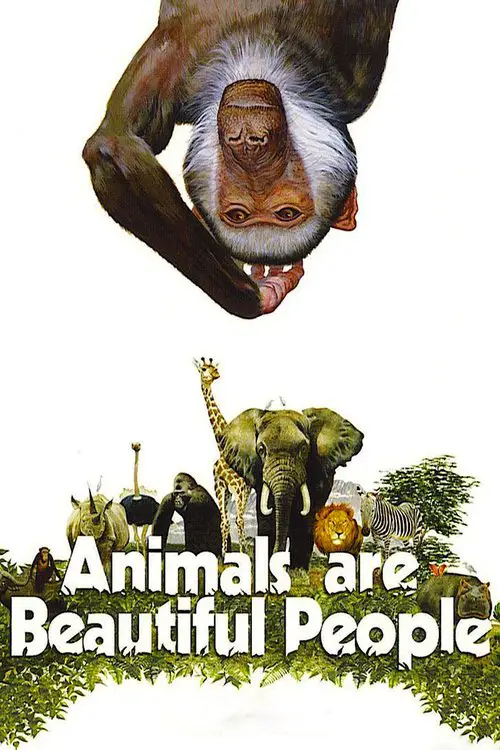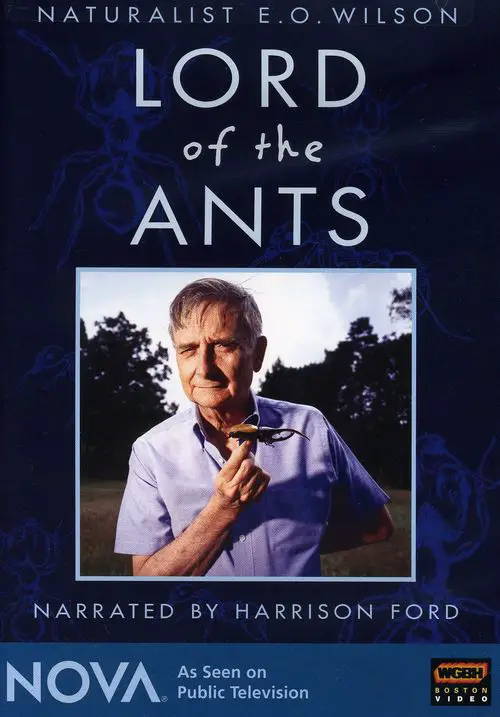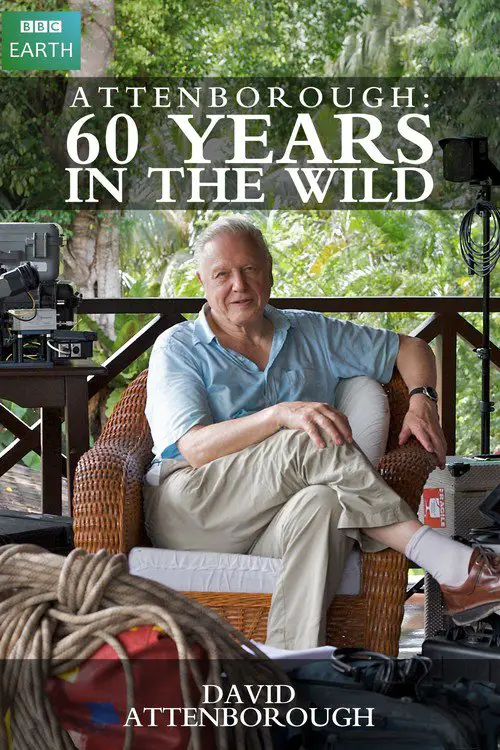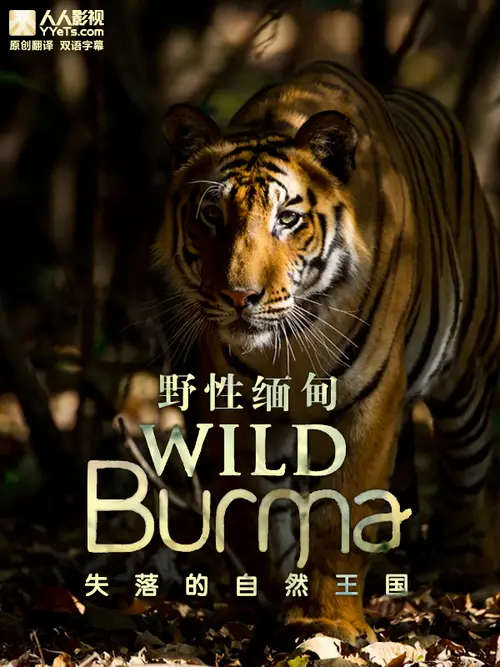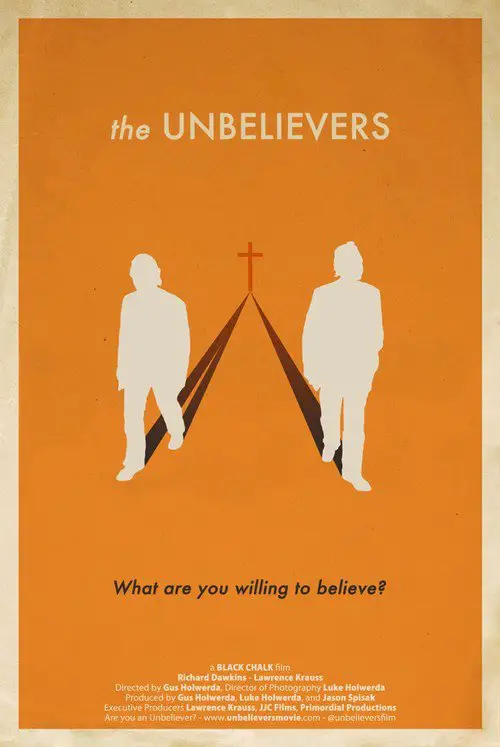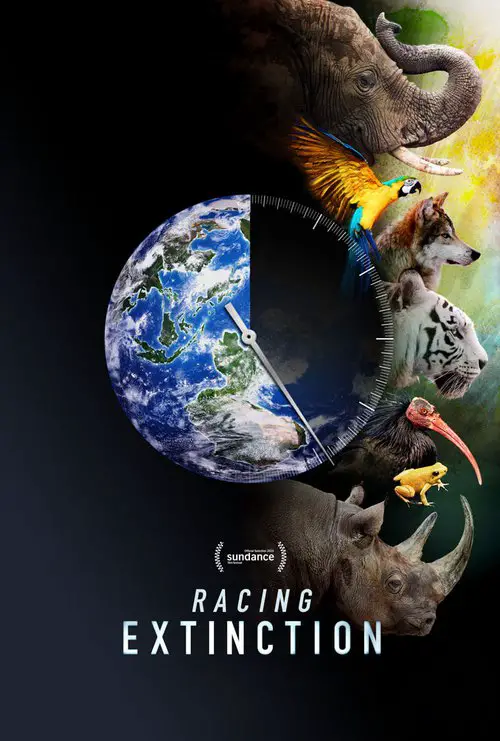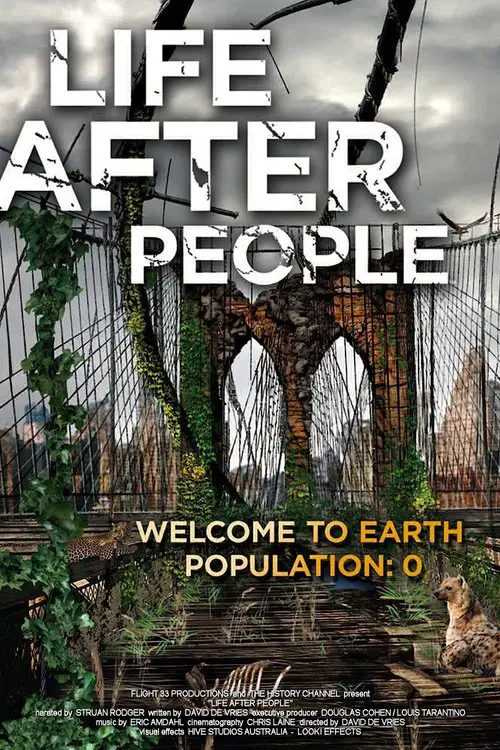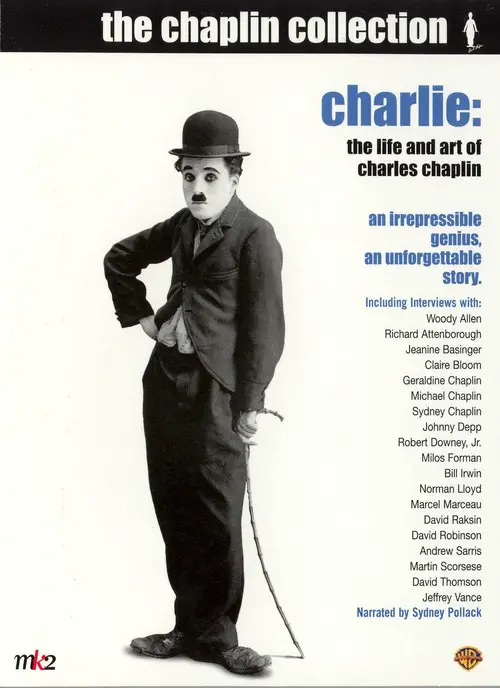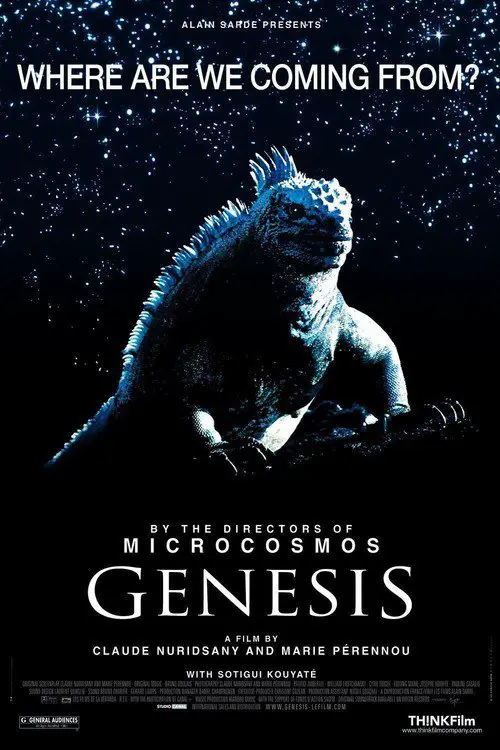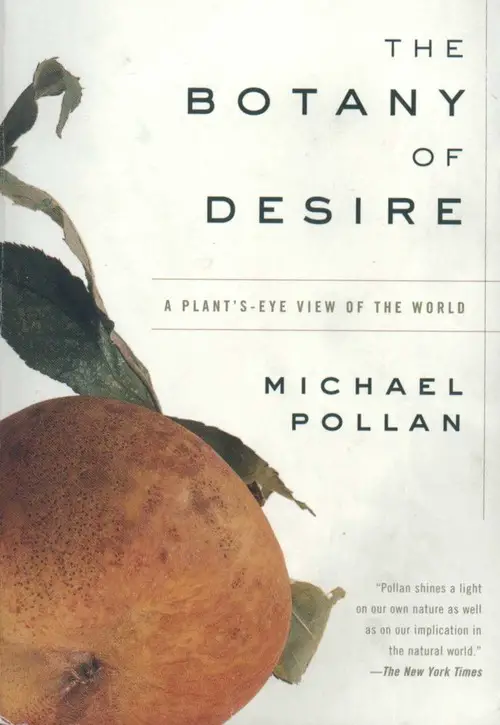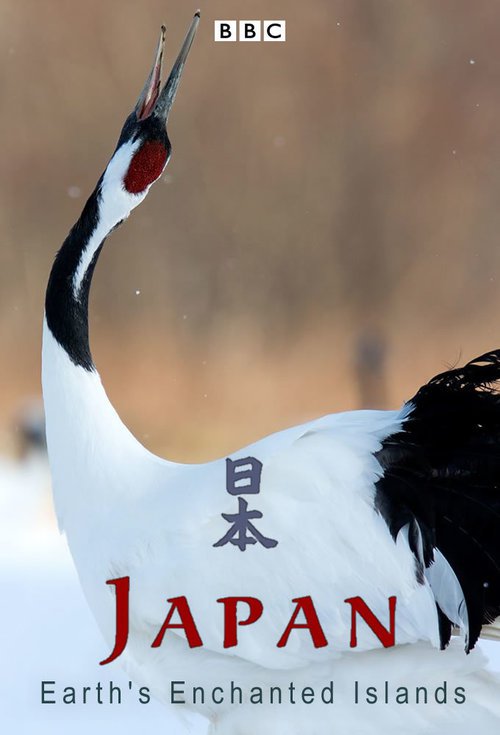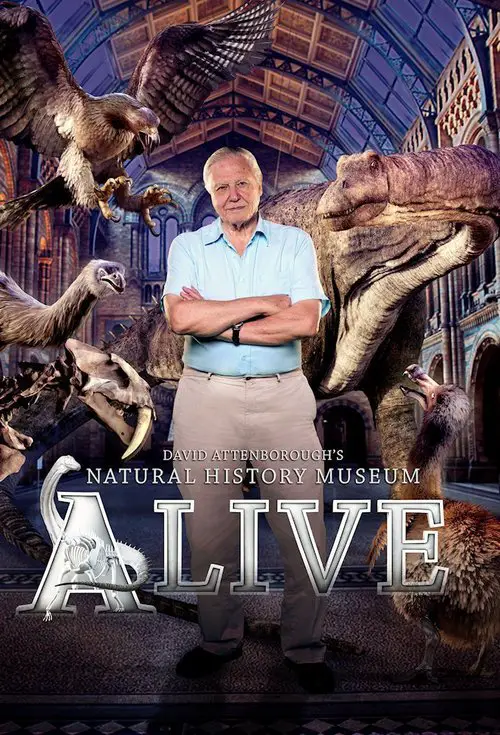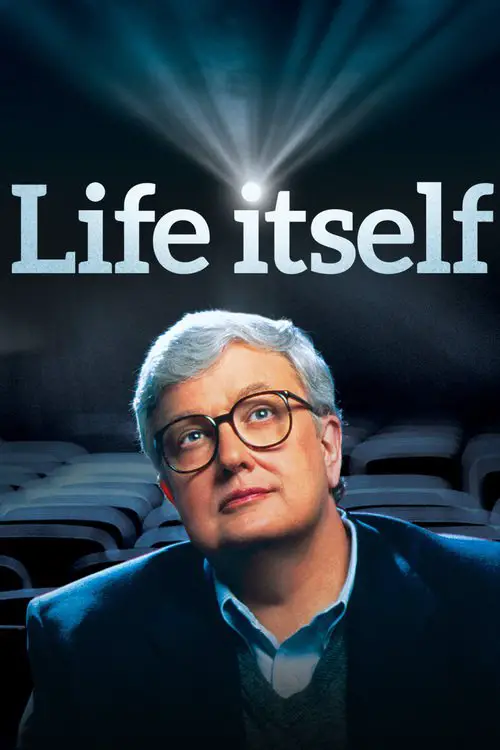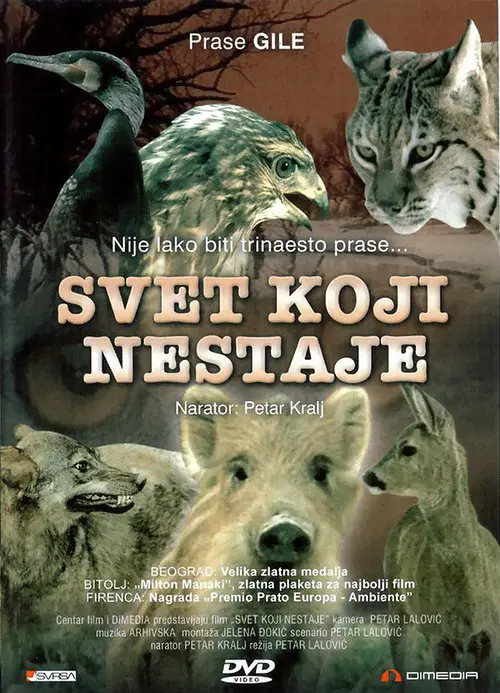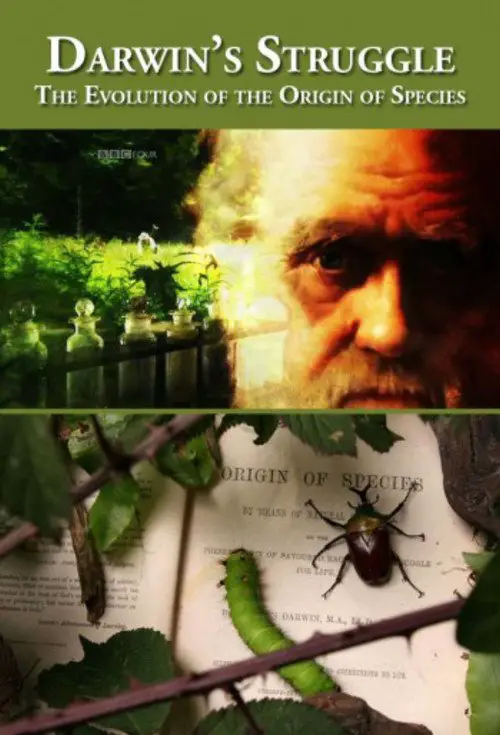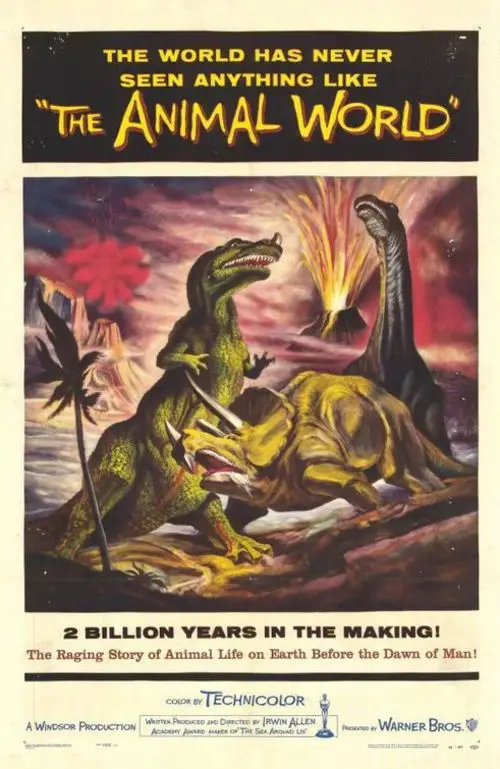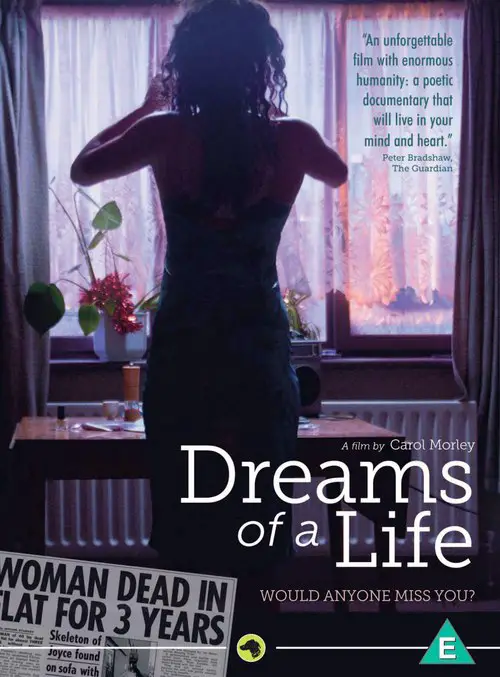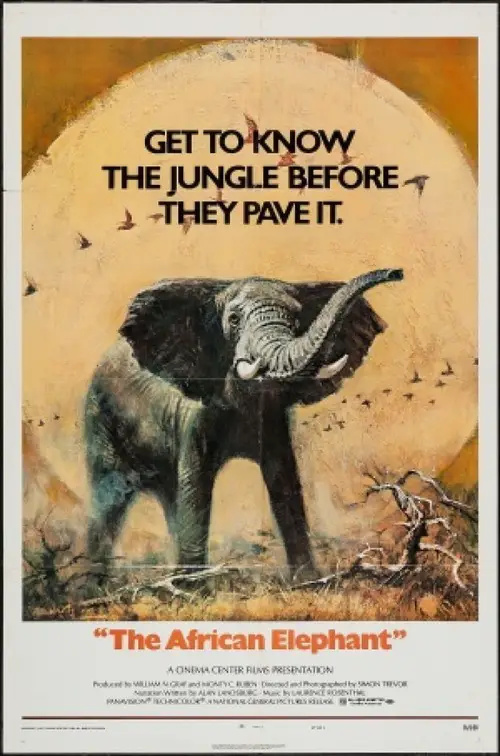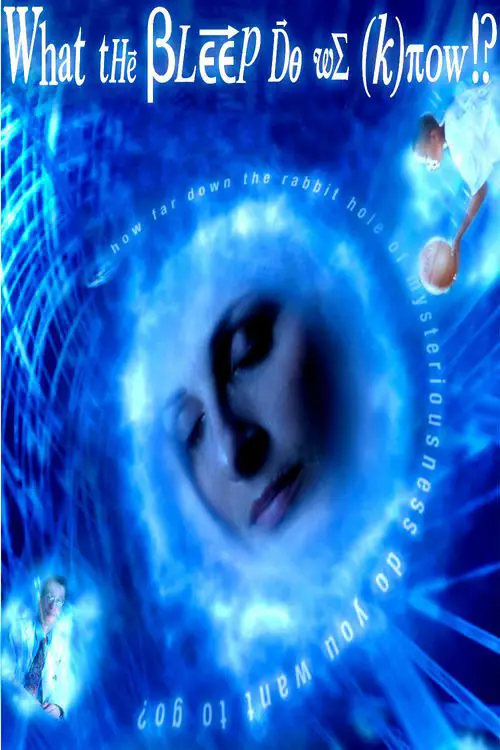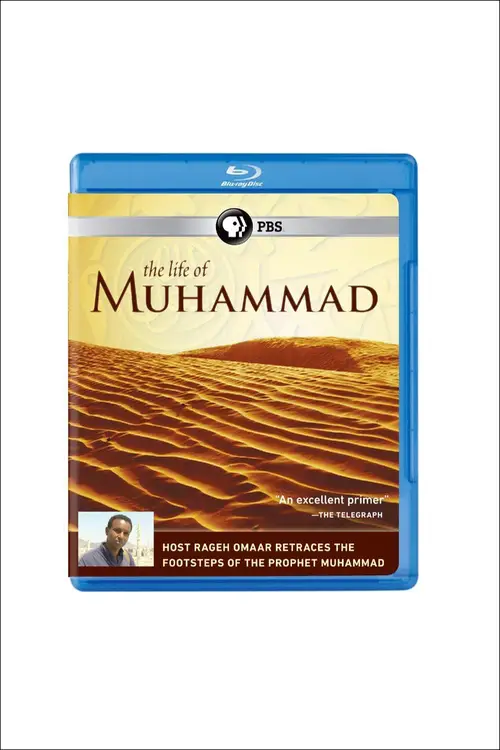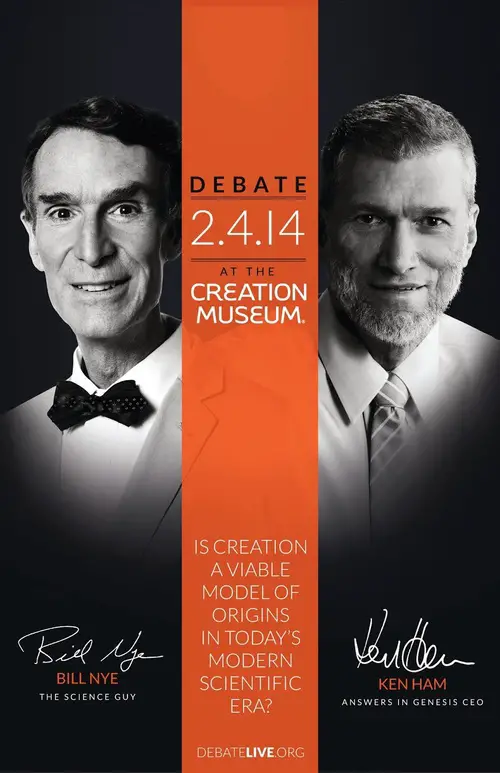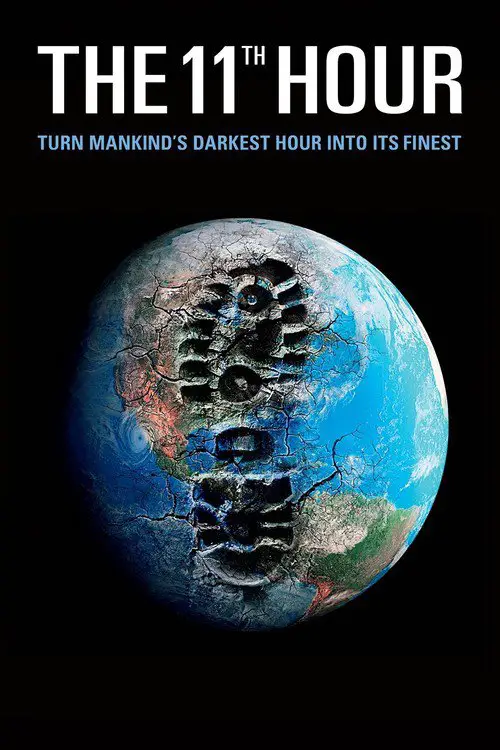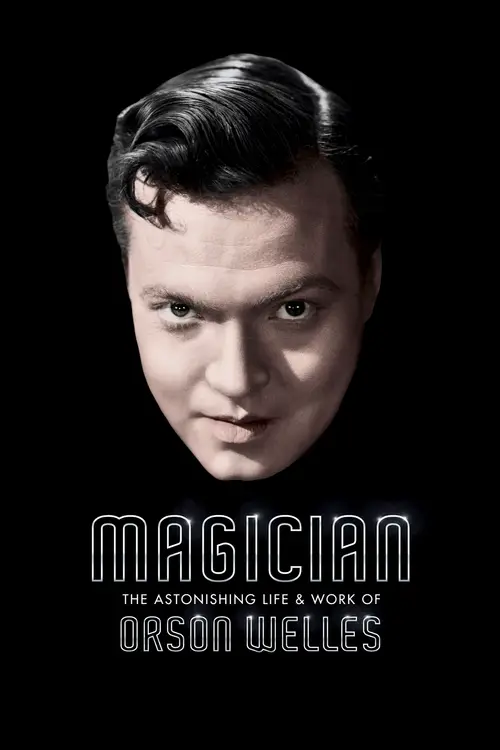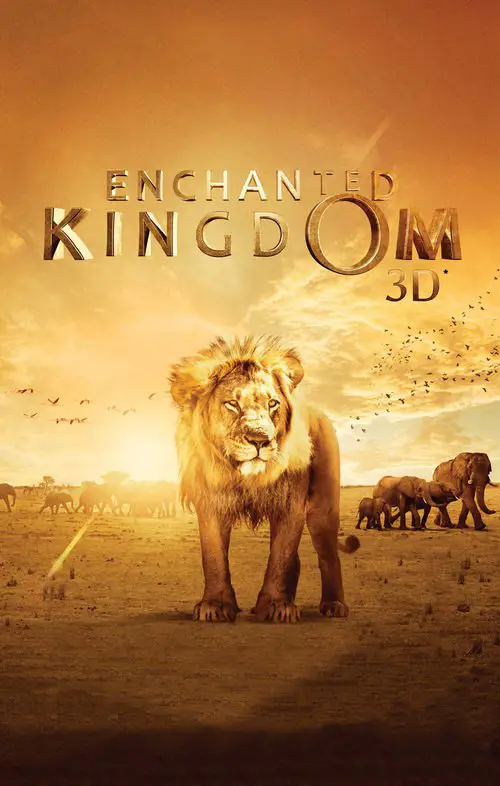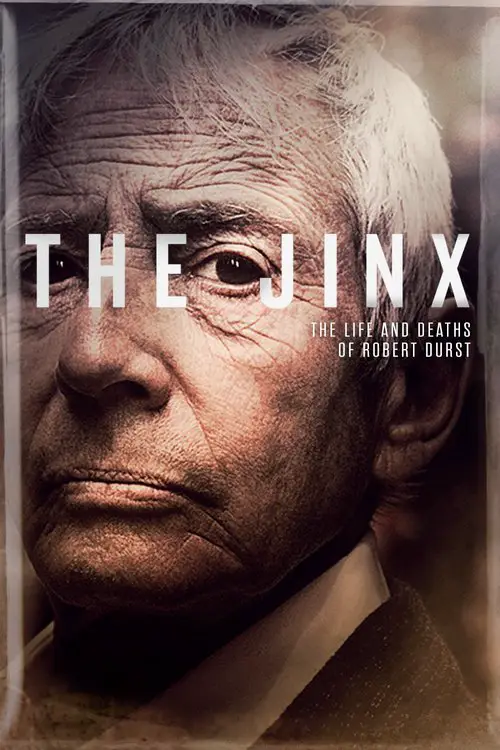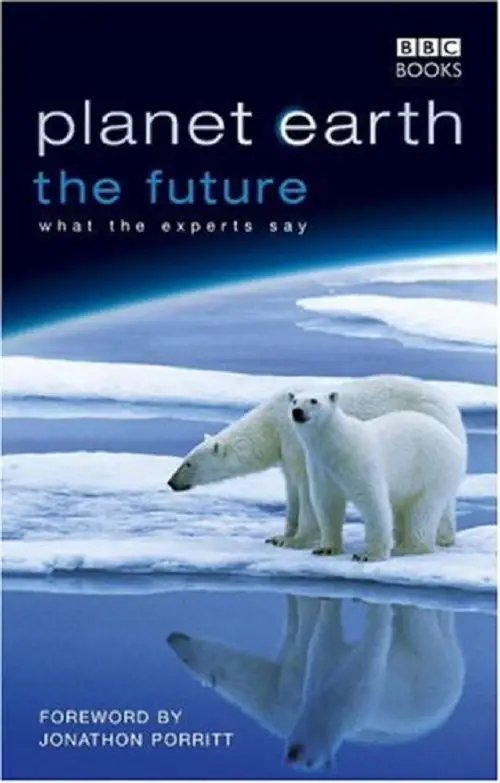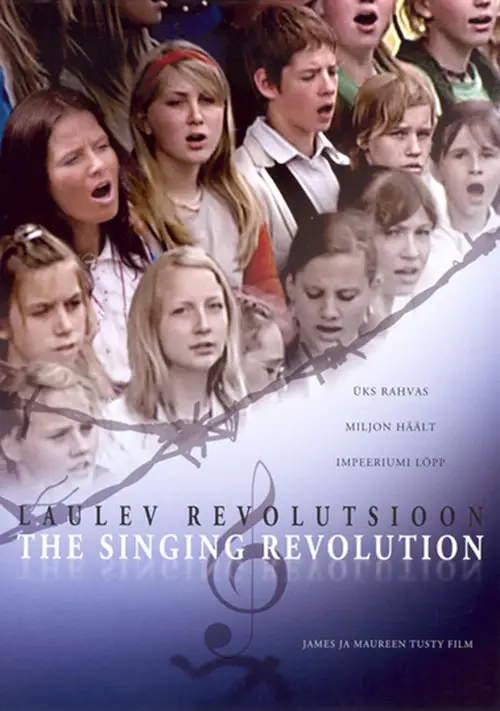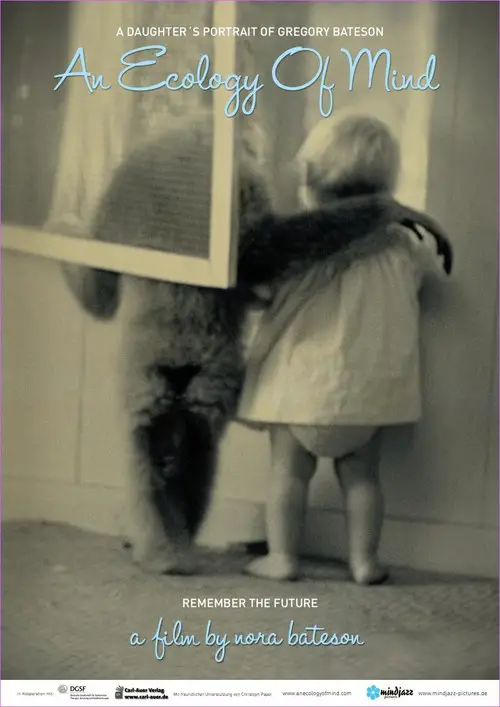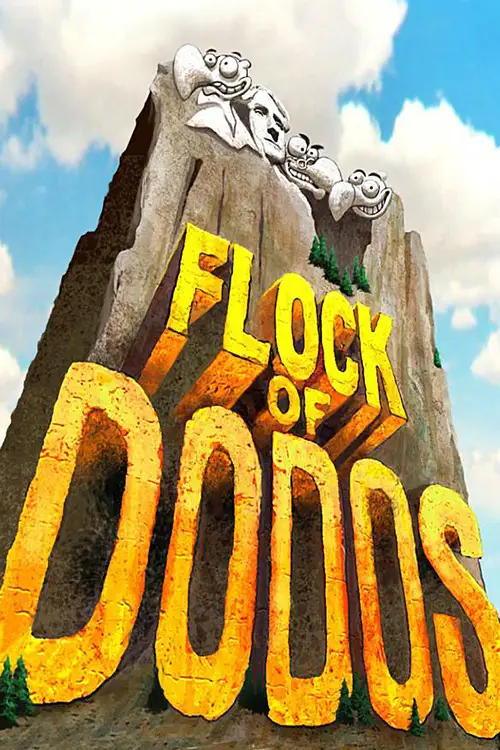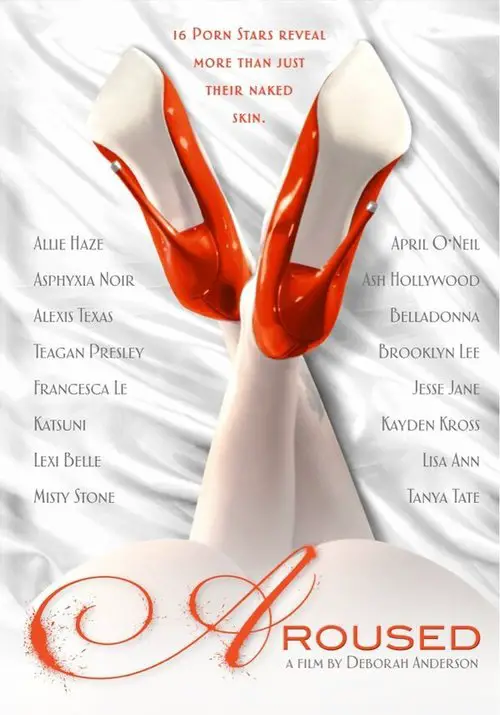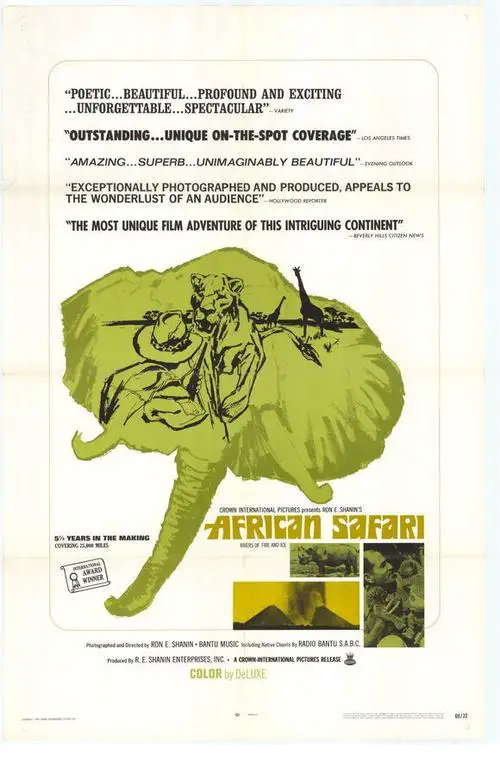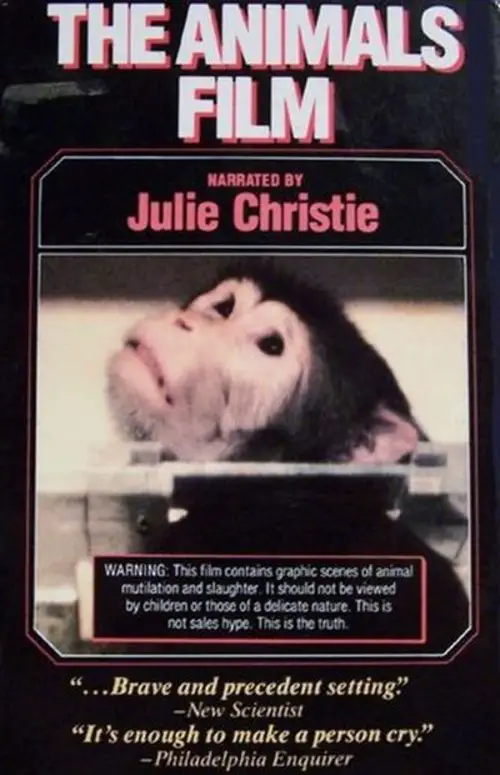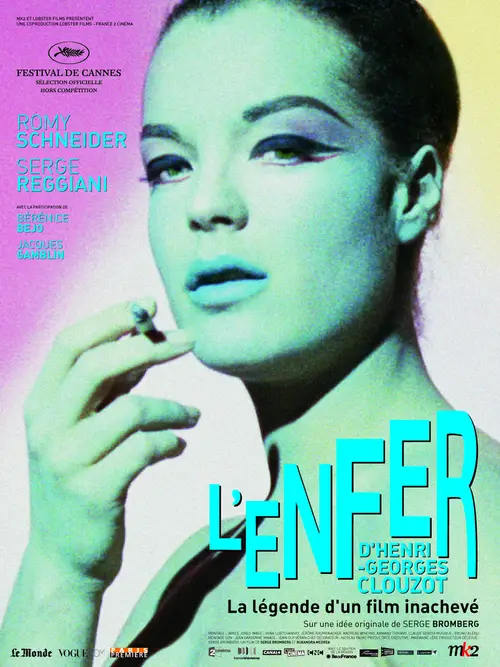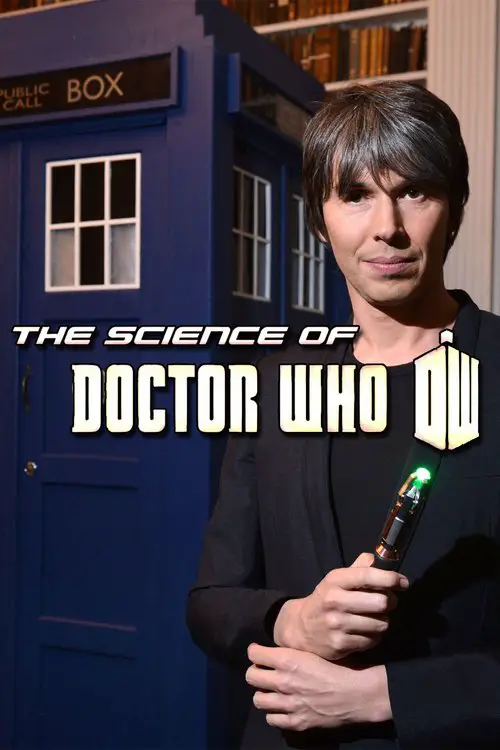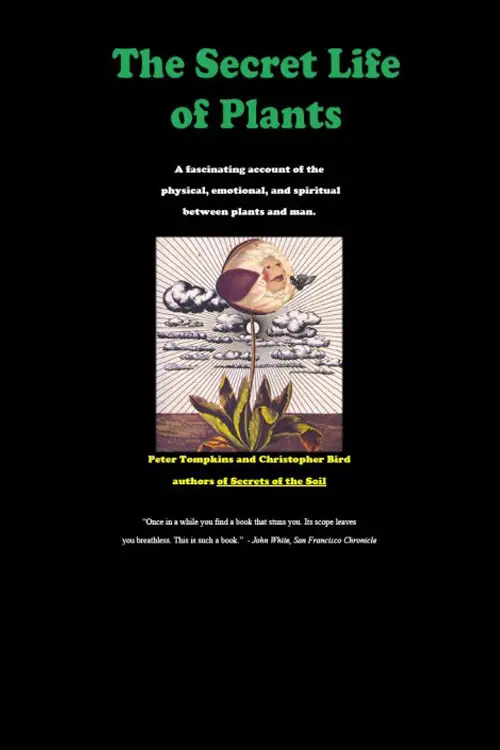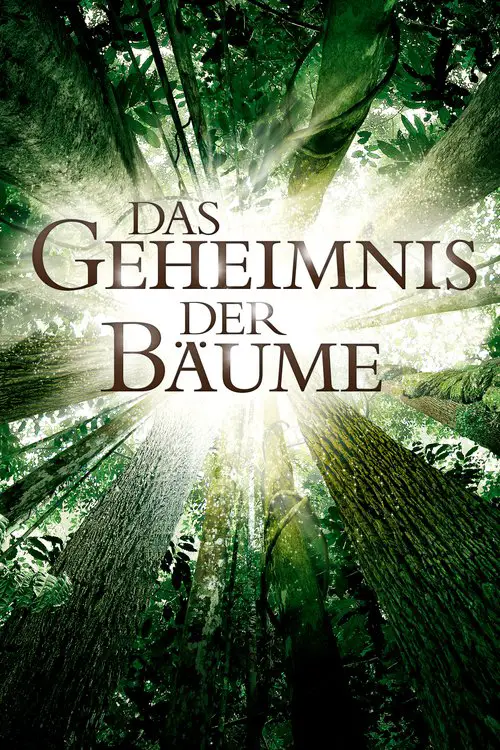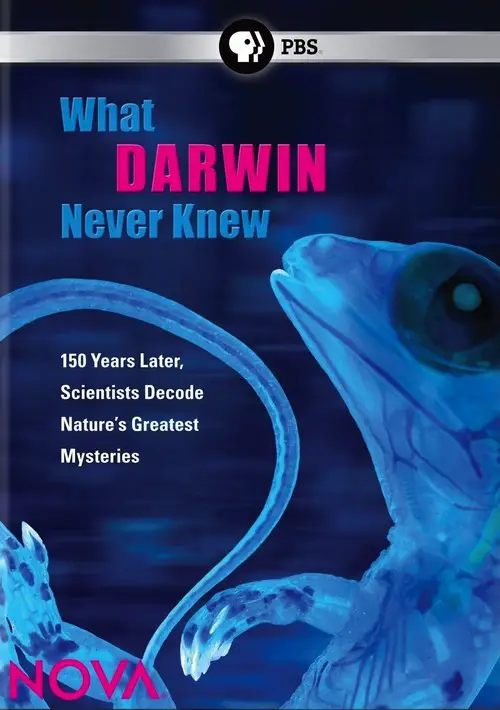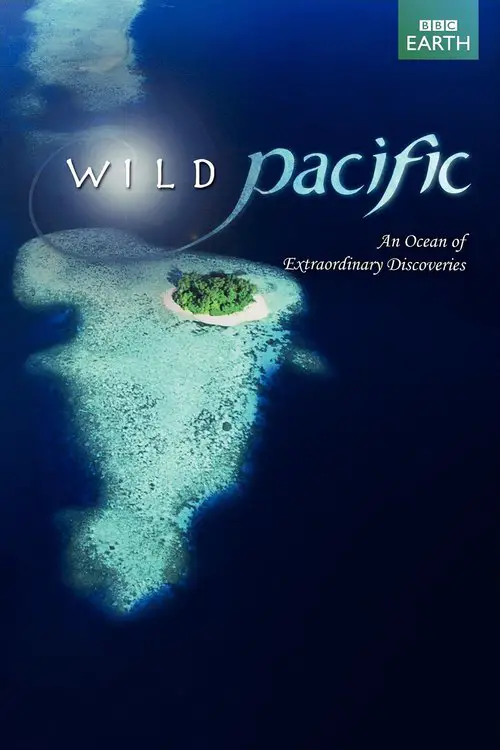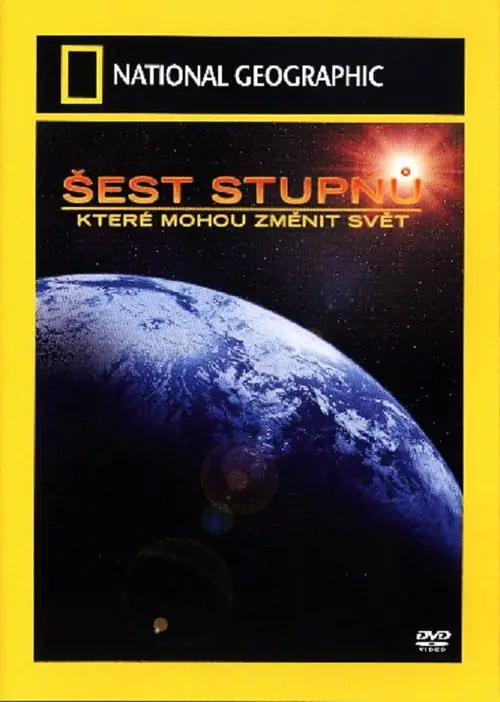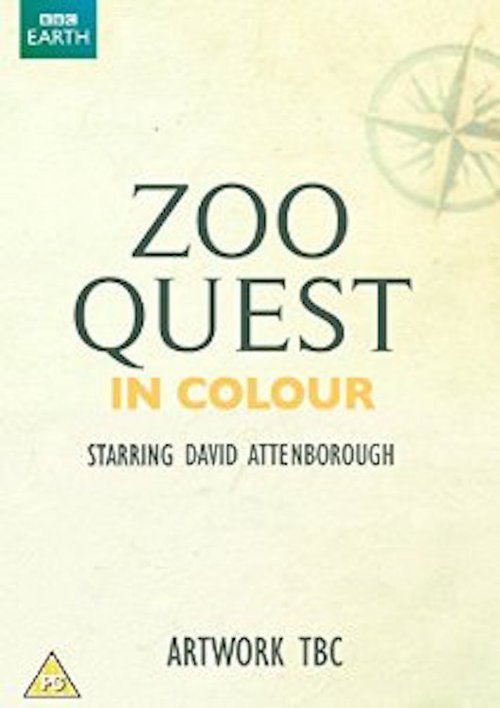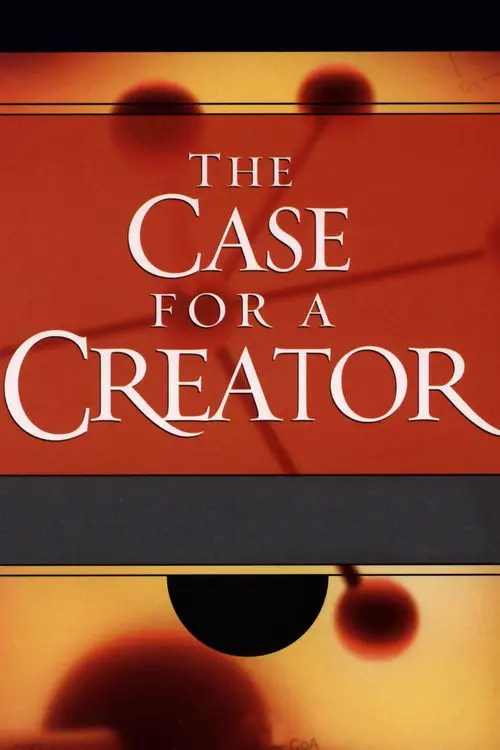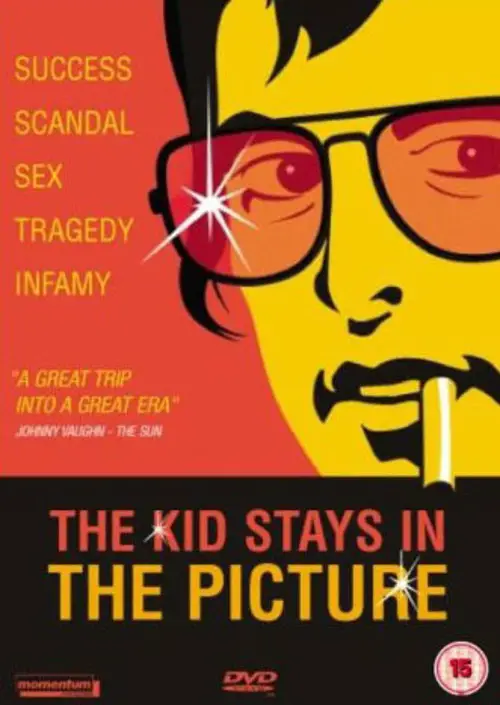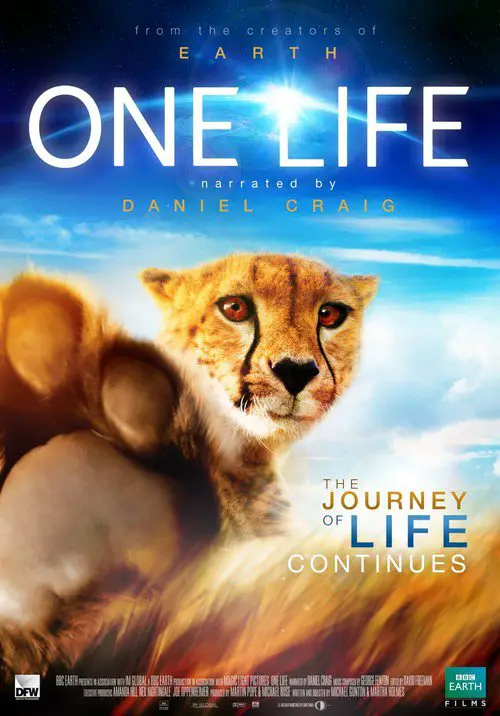Life (2009)
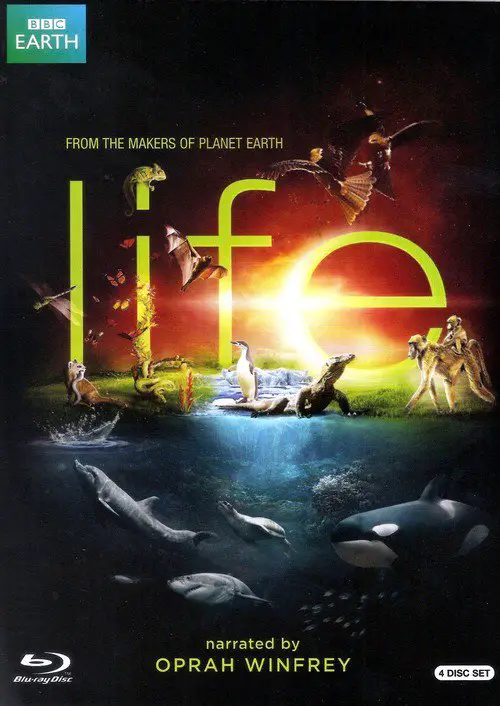
Similar movies
Darwin's great insight â that life has evolved over millions of years by natural selection â has been the cornerstone of all David Attenboroughâs natural history series. In this documentary, he takes us on a deeply personal journey which reflects his own life and the way he came to understand Darwinâs theory.
A documentary series from Channel 4, hosted by professor Richard Dawkins, well-known darwinist. The series mixes segments on the life and discoveries of Charles Darwin, the theory of natural selection and evolution, and Dawkins' attempts at convincing a group of school children that evolution explains the world around us better than any religion.
African Cats captures the real-life love, humor and determination of the majestic kings of the savanna. The story features Mara, an endearing lion cub who strives to grow up with her motherâs strength, spirit and wisdom; Sita, a fearless cheetah and single mother of five mischievous newborns; and Fang, a proud leader of the pride who must defend his family from a once banished lion.
Geologist Ian Stewart explain in three stages of natural history the crucial interaction of our very planet's physiology and its unique wildlife. Biological evolution is largely driven bu adaptation to conditions such as climate, soil and irrigation, but biotopes were also shaped by wildlife changing earth's surface and climate significantly, even disregarding human activity.
Werner Herzogâs documentary film about the âGrizzly Manâ Timothy Treadwell and what the thirteen summers in a National Park in Alaska were like in one manâs attempt to protect the grizzly bears. The film is full of unique images and a look into the spirit of a man who sacrificed himself for nature.
Hosted by Ben Stein, this controversial documentary examines how pro-intelligent design scholars and scientists are often chastised, fired or denied tenured positions by those who believe in Darwin's theory of evolution. Nathan Frankowski's film explores how scientists who believe in God are oppressed and how the acceptance of Darwinism might have played a role in the formation of the Nazi regime.
The story of a race against time to help preserve the untouched forests of Burma and its wildlife. For the first time in over 50 years, a team of wildlife filmmakers from the BBC's Natural History Unit and scientists from the world renowned Smithsonian Institution has been granted access to venture deep into Burma's impenetrable jungles. Their mission is to discover whether these forests are home to iconic animals, rapidly disappearing from the rest of the world.
In this special documentary that inspired a two-season television series, scientists and other experts speculate about what the Earth, animal life, and plant life might be like if, suddenly, humanity no longer existed, as well as the effect humanity's disappearance might have on the artificial aspects of civilization.
Featuring Michael Pollan and based on his best-selling book, this special takes viewers on an exploration of the human relationship with the plant world -- seen from the plants' point of view. Narrated by Frances McDormand, the program shows how four familiar species -- the apple, the tulip, marijuana and the potato -- evolved to satisfy our yearnings for sweetness, beauty, intoxication.
In Japanâs crowded archipelago, there are still places where nature thrives â and Japan has a surprisingly vast range of landscapes, from the far north, where sea eagles walk on frozen seas, to subtropical southern islands, with coral reefs and volcanoes, and the central islands, with forested mountains, home to bears and monkeys. This series explores how life survives across these islands, and how humans and wildlife have found ways to live alongside the forces of nature and embrace them in quintessential ways.
In The Private Life of Plants, David Attenborough takes us on a guided tour through the secret world of plants, to see things no unaided eye could witness. He shows us the struggles of plants to survive in a story that is full of extraordinary drama and breath-taking beauty.Each programme in this six-part series focuses on one of the critical stages through which every plant must pass if it is to survive:- travelling, growing, and flowering; struggling with one another; creating alliances with other organisms both plant and animal; and evolving complex ways of surviving in the earth's most ferociously hostile environments.
Regular opening times do not apply as we accompany Sir David Attenborough on an after-hours journey around Londonâs Natural History Museum, one of his favourite haunts. The museum's various exhibits coming to life, including dinosaurs, reptiles and creatures from the ice age. Shot by the same 3D team that worked on Gravity, examines how the animals and creatures at the London museum once roamed the earth.
Using archival footage, United States Cabinet conversation recordings, and an interview of the eighty-five-year-old Robert McNamara, 'The Fog of War' depicts his life, from working as a WWII Whiz Kid military officer, to being the Ford Motor Company's president, to managing the American Vietnam War, as defense secretary for presidents Kennedy and Johnson.
Life Itself recounts the surprising and entertaining life of renowned film critic and social commentator Roger Ebert. The film details his early days as a freewheeling bachelor and Pulitzer Prize winner, his famously contentious partnership with Gene Siskel, his life-altering marriage, and his brave and transcendent battle with cancer.
It is a love story. When the twelve-breasted boar's sow farrows thirteen piglets, not having enough "sucking space" for the thirteenth, she rejects it and for the most part such piglets die. This drama from the world of animals paints the harshness of nature to the unwanted "thirteenth piglet", which we named Gile Baksuz (Gile Bad Luck). The rejected piglet is taken and given shelter by another species - a roe and her fawn...
Documentary telling the little-known story of how Darwin came to write his great masterpiece, On the Origin of Species, a book which explains the wonderful variety of the natural world as emerging out of death and the struggle of life. In the twenty years he took to develop a brilliant idea into a revolutionary book, Darwin went through a personal struggle every bit as turbulent as that of the natural world he observed. Fortunately, he left us an extraordinary record of his brilliant insights, observations of nature, and touching expressions of love and affection for those around him. He also wrote frank accounts of family tragedies, physical illnesses and moments of self-doubt, as he laboured towards publication of the book that would change the way we see the world. The story is told with the benefit of Darwin's secret notes and correspondence, enhanced by natural history filming, powerful imagery from the time and contributions from leading contemporary biographers and scientists.
African Elephant originally played in theatres as King Elephant.. The film is a straightforward, well-photographed documentary concentrating on....well, look at the title. Avoiding the obvious, filmmaker Simon Trevor focuses on the more curious aspects of elephant life. In addition to the mighty pachyderm, we are given intriguing glimpses of other forms of African wildlife. African Elephant has no overt ecological ax to grind, but the preservationist message is there by implication.
Humanityâs ascent is often measured by the speed of progress. But what if progress is actually spiraling us downwards, towards collapse? Ronald Wright, whose best-seller, âA Short History Of Progressâ inspired âSurviving Progressâ, shows how past civilizations were destroyed by âprogress trapsââalluring technologies and belief systems that serve immediate needs, but ransom the future. As pressure on the worldâs resources accelerates and financial elites bankrupt nations, can our globally-entwined civilization escape a final, catastrophic progress trap? With potent images and illuminating insights from thinkers who have probed our genes, our brains, and our social behaviour, this requiem to progress-as-usual also poses a challenge: to prove that making apes smarter isnât an evolutionary dead-end.
Starring Norman Winther as Himself, The Last Trapper is a mix of fact & fiction. Norman is not just an admirer of nature, he's a part of it. He survives the harshness of the climate and the wildlife by coexisting with it. With his wife Nebraska (played by May Loo), they live almost entirely off the land, making money by selling their furs.
Amanda (Marlee Maitlin) is a divorced woman who makes a living as a photographer. During the Fall of the year Amanda begins to see the world in new and different ways when she begins to question her role in life, her relationships with her career and men and what it all means. As the layers to her everyday experiences fall away insertions in the story with scientists, and philosophers and religious leaders impart information directly to an off-screen interviewer about academic issues, and Amanda begins to understand the basis to the quantum world beneath. During her epiphany as she considers the Great Questions raised by the host of inserted thinkers, Amanda slowly comprehends the various inspirations and begins to see the world in a new way.
A look at the state of the global environment including visionary and practical solutions for restoring the planet's ecosystems. Featuring ongoing dialogues of experts from all over the world, including former Soviet Prime Minister Mikhail Gorbachev, renowned scientist Stephen Hawking, former head of the CIA R. James Woolse
An extraordinary, spell-binding journey through the realms of nature to discover that the natural world is stranger, more magical, more mystical than anything you could possibly imagine. You'll be propelled from enchanted forests to the edge of the underworld, from a paranormal planet into fantastical seas, from celestial mountains through mercurial waters, finally to experience the ultimate celebration of nature's magic, the greatest gathering of wildlife on Earth. You won't believe your eyes or ears as you meet amazing creatures and experience nature as it's never been seen before, eye-to-eye with the creatures, on an adventure where you will truly believe the real world is more extraordinary and awe-inspiring than any fiction.
Robert Durst, scion of one of New Yorkâs billionaire real estate families, has been accused of three murders but never convicted. Brilliant, reclusive, and the subject of relentless media scrutiny, heâs never spoken publiclyâuntil now. During interviews with Andrew Jarecki, he reveals secrets of the case that baffled authorities for 30 years. In 2010, Jarecki made the narrative film All Good Things based on the infamous story of Robert Durst. After Durst saw the film, he contacted Jarecki wanting to tell his story. What began as a feature documentary ultimately became a six-part series as more and more of his incredible story was revealed.
Planet Earth: The Future is a 2006 BBC documentary miniseries on the environment and conservation, produced by the BBC Natural History Unit as a companion to the multi-award winning nature documentary Planet Earth. The programmes were originally broadcast on BBC Four immediately after the final three episodes of Planet Earth on BBC One. Each episode highlights the conservation issues surrounding some of the species and environments featured in Planet Earth, using interviews with the film-makers and eminent figures from the fields of science, conservation, politics, and theology. The programmes are narrated by Simon Poland and the series producer was Fergus Beeley.
Most people don't think about singing when they think about revolutions. But song was the weapon of choice when, between 1986 and 1991, Estonians sought to free themselves from decades of Soviet occupation. During those years, hundreds of thousands gathered in public to sing forbidden patriotic songs and to rally for independence. "The young people, without any political party, and without any politicians, just came together ... not only tens of thousands but hundreds of thousands ... to gather and to sing and to give this nation a new spirit," remarks Mart Laar, a Singing Revolution leader featured in the film and the first post-Soviet Prime Minister of Estonia. "This was the idea of the Singing Revolution." James Tusty and Maureen Castle Tusty's "The Singing Revolution" tells the moving story of how the Estonian people peacefully regained their freedom--and helped topple an empire along the way.
'An Ecology of Mind' is a filmic portrait of anthropologist, biologist, and psychotherapist Gregory Bateson. Bateson believed that, 'The major problems in the world are the result of the difference between the way nature works and the way people think.' Seen through the relationship between father and daughter, this documentary is an invitation into 'systems thinking' and interrelationships in the natural world. 'Looking at what holds systems together is a radical step toward sewing the world back together, from the inside.'
Get up close and personal with 16 of the most successful women in the adult film industry as they shed their clothes for an intimate photo shoot with director Deborah Anderson. As questions are asked, personal stories about their lives are revealed, from why they chose the business of sex to how they got into it in the first place. These porn stars have always been discreet about their private lives in the past, yet Anderson has a way of opening up a dialog allowing them to share more than just their naked skin on screen. Their true inner vulnerability is touching, yet the characters they have created are confident and intoxicating. Once you hear their stories, you'll never look at them in the same way again.
This documentary about Henri-Georges Clouzotâs unfinished 1964 psycho-thriller LâEnfer is as tantalizing as it is frustrating. Despite remaining one of the most masterful of French directors, Cluozot inexplicably seems to have lost control on the big-budget production of LâEnfer. The long-lost raw footage is intriguing and dazzling, infused with swirling lights and blue-lipped, cigarette-puffing fantasy temptresses. Although directors Serge Bromberg and Ruxandra Mederea have managed to speak to numerous members of the original crew, this behind-the-scenes investigation has so little to say about the reasons behind Clouzotâs failure to complete the film. In spite of this, the undiminished power of Clouzotâs extraordinary images makes the documentary a fascinating watch.
The story is a documentary of research that shows fairly conclusively that plants are actually aware of what goes on around them, even miles away. It is somewhat humorous in the methods it uses to prove the secret life of plants, but thought-provoking in the conclusions it arrives at. The most wonderful thing about the film is the soundtrack. This is original music composed by Stevie Wonder. There is even a scene in the film of Stevie singing one of his songs in a boat on a river. This scene is very moving, as Stevie is blind and yet able to know where he is going. The scene is the climax to the movie, and metaphoric as to what has been presented about plants, that although they don't seem to have senses as human beings and animals do, they are quite well aware of what is going on around them and where they fit into this in the evolutionary process.
With Once Upon a Forest, Luc Jacquet invites the spectator into a never-before-seen world of natural wonder and staggering beauty. âFor the first time, we will be able to watch a rain forest growing before our eyesâ¦Only cinema can offer this unique voyage into a completely untamed universe, a world of perfect balance in which each living thing â from the smallest to the largest â plays an essential role. The film will deliver a complete sensory immersion in the primaeval splendor of one of natureâs richest mysteries, inviting the audience to enter, discover and marvel at a universe of untold treasures while joining its voice to the ever-growing awareness of the need to preserve our world.â
Earth teems with a staggering variety of animals, including 9,000 kinds of birds, 28,000 types of fish, and more than 350,000 species of beetles. What explains this explosion of living creaturesâ1.4 million different species discovered so far, with perhaps another 50 million to go? The source of life's endless forms was a profound mystery until Charles Darwin brought forth his revolutionary idea of natural selection. But Darwin's radical insights raised as many questions as they answered. What actually drives evolution and turns one species into another? To what degree do different animals rely on the same genetic toolkit? And how did we evolve?
A documentary series on life in and adapted to the conditions of the Southern part of the Pacific Ocean, a vast aquatic region with an unequaled number of islands. Both wildlife and human cultures developed in a unique variety, largely determined by such natural conditions as huge distances, sea depths, currents and winds.
Thanks to a recent remarkable discovery in the BBC's Film Vaults, the best of David Attenborough's early Zoo Quest adventures can now be seen as never before - in colour - and with it the remarkable story of how this pioneering television series was made. First broadcast in December 1954, Zoo Quest was one of the most popular television series of its time and launched the career of the young David Attenborough as a wildlife presenter. Zoo Quest completely changed how viewers saw the world - revealing wildlife and tribal communities that had never been filmed or even seen before.
When objectively considered, does contemporary scientific evidence point toward or away from a supernatural Creator? Strobel interviewed scientists and scholars from a wide range of disciplines for the answers. Based upon a New York Times best-seller, The Case For A Creator is a remarkable film about Lee Strobel's journey from spiritual skepticism to a profound faith in the God who has etched His indelible signature upon every galaxy and living cell. The Creator now revealed by 21st century science.
© Valossa 2015–2026
| Privacy Policy

